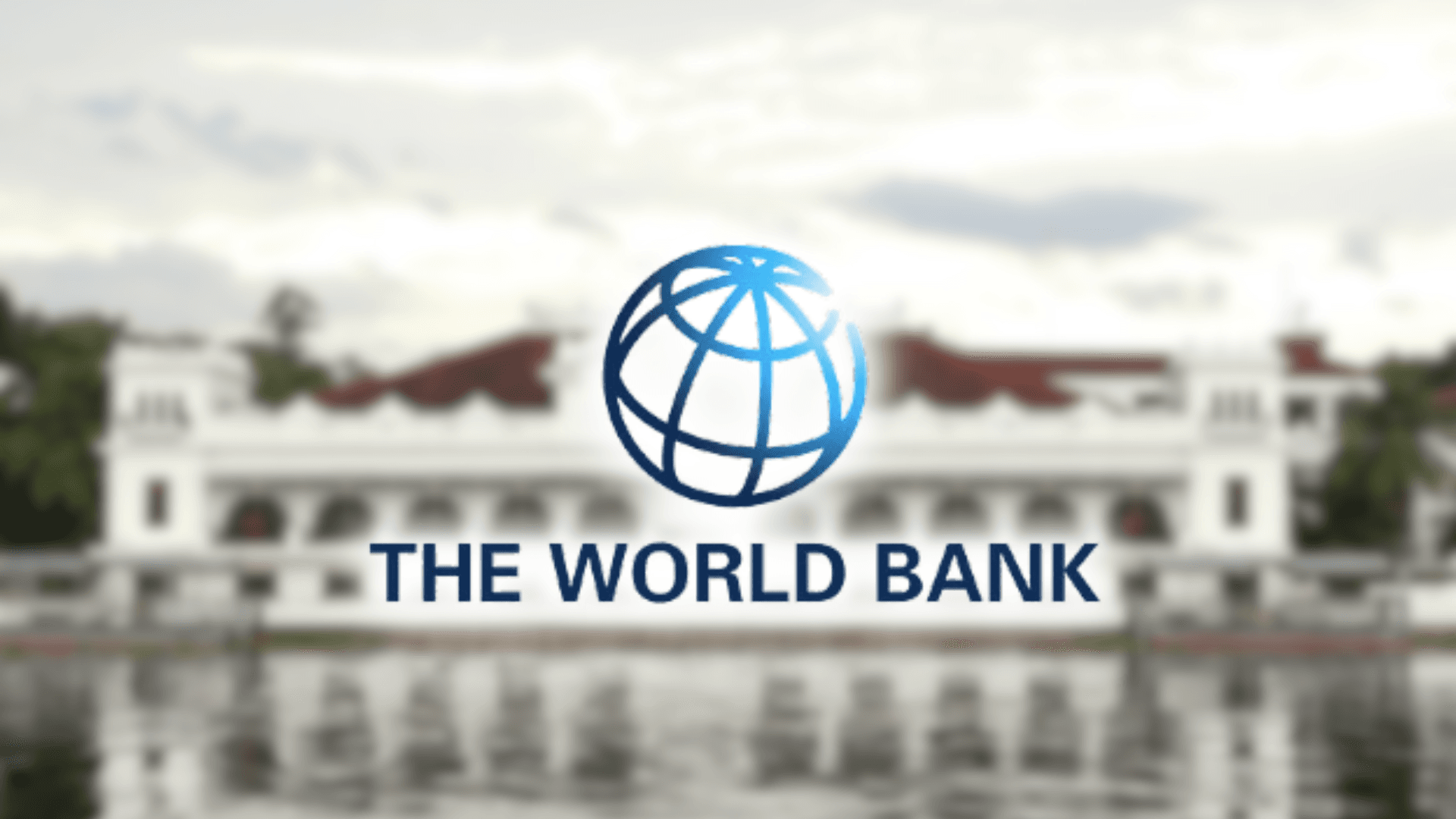Philippines secures 4 loans totaling $1.8 billion or ₱103.9 billion from World Bank in March
The Washington-based multilateral lender World Bank has approved an $800-million, or approximately ₱45.8-billion, loan to support the Philippines’ transition to clean energy and improve water management.

This fresh loan for the Philippines brought to a total of close to $1.82 billion, or about ₱103.9 billion, the World Bank's financing approvals for the country in the month of March alone.
Based on a World Bank statement released locally on Wednesday, April 2, the newest loan will help strengthen the Philippines’ electricity market by enhancing security, flexibility, and competition, while also improving water management.
The lender's board approved this loan on Monday, March 31.
The World Bank also said that the first energy transition and climate resilience development policy loan (DPL) will help speed up the country’s shift to clean energy and boost climate resilience.
It aims to raise renewable energy (RE) capacity to 42 percent by 2027, support 1,000 megawatts (MW) of offshore wind, and save five gigawatt-hours (GWh) annually through energy efficiency.
“Focusing on RE sources and using energy more efficiently can help the country reduce electricity costs, improve energy security, and cut down on pollution,” said Zafer Mustafaoğlu, World Bank country director for the Philippines.
“Using more affordable RE in the energy and transport sectors is crucial for the Philippines to build a strong economy,” Mustafaoğlu added.
The Philippines has one of the most dynamic economies in the region, the multilateral lender noted.
But despite the economy’s recovery from the pandemic, long-term growth remains at risk due to “increasing dependency on imported energy, the high cost of electricity, and natural disasters.”
“To accelerate energy transition and keep electricity affordable for all Filipinos, the Philippines needs reforms to ensure achieving the government’s RE and energy efficiency targets, improving grid capacity and flexibility, and enhancing competition in electricity markets,” said Feng Liu, World Bank senior energy specialist and task team leader of the operation.
“These reforms can help lower power supply cost and improve the reliability and resilience of the power system, thereby making electricity more affordable and reliable for Filipino households and businesses,” Liu further said.
This effort will also strengthen water sector governance by introducing policy reforms and improving coordination between national and local governments for better water management and sanitation.
“These reforms in the water sector are expected to increase access to safely managed water supply and sanitation services; raise funding and financing for water and sanitation projects; and improve the financial sustainability of local government-run water service providers,” said Maria Fiorella Fabella, World Bank senior water supply and sanitation specialist.
Fabella added that the DPL, “a first for the Philippine water sector, is a move toward more effective coordination, planning and management across sectors and levels of government.”
To recall, the World Bank board approved last March 5 two loans: the $454.94-million Mindanao transport connectivity improvement project, and the $495.6-million Philippines health system resilience project.
Then on March 21, the lender greenlit financing for the $67.34-million Philippines civil service modernization project.
The World Bank is set to approve five more loans worth a total of over $2.54 billion for the rest of the year: $4 million for the Bangsamoro Autonomous Region in Muslim Mindanao's (BARMM) roads to development project, scheduled for approval on April 30; a record $1 billion for the Philippines sustainable agricultural transformation program on June 24; $240.6 million for the accelerated water and sanitation project in selected areas on June 27; $700 million for the Philippines community resilience project on July 28; and $600 million for the project for learning upgrade support and decentralization on Sept. 26.